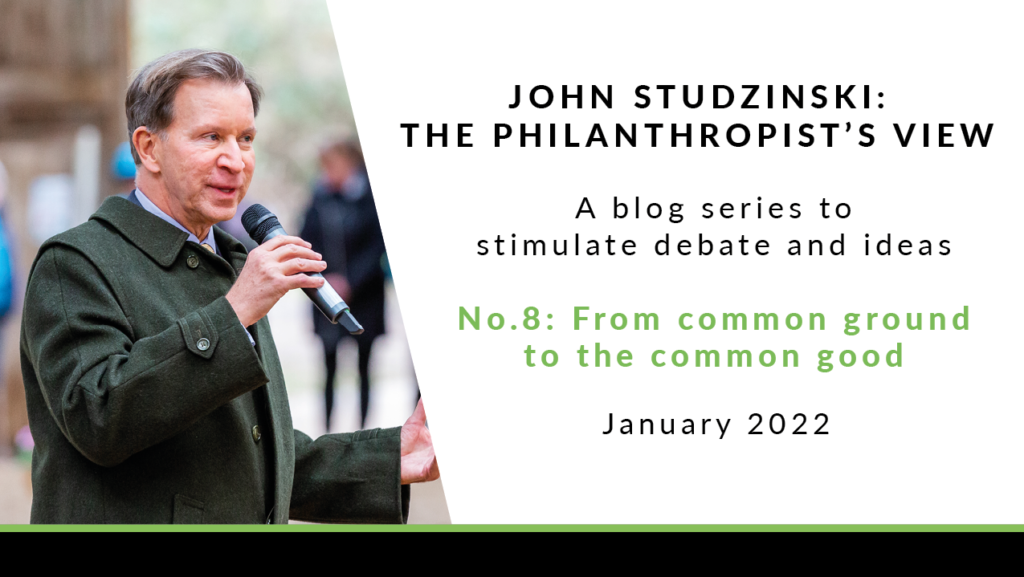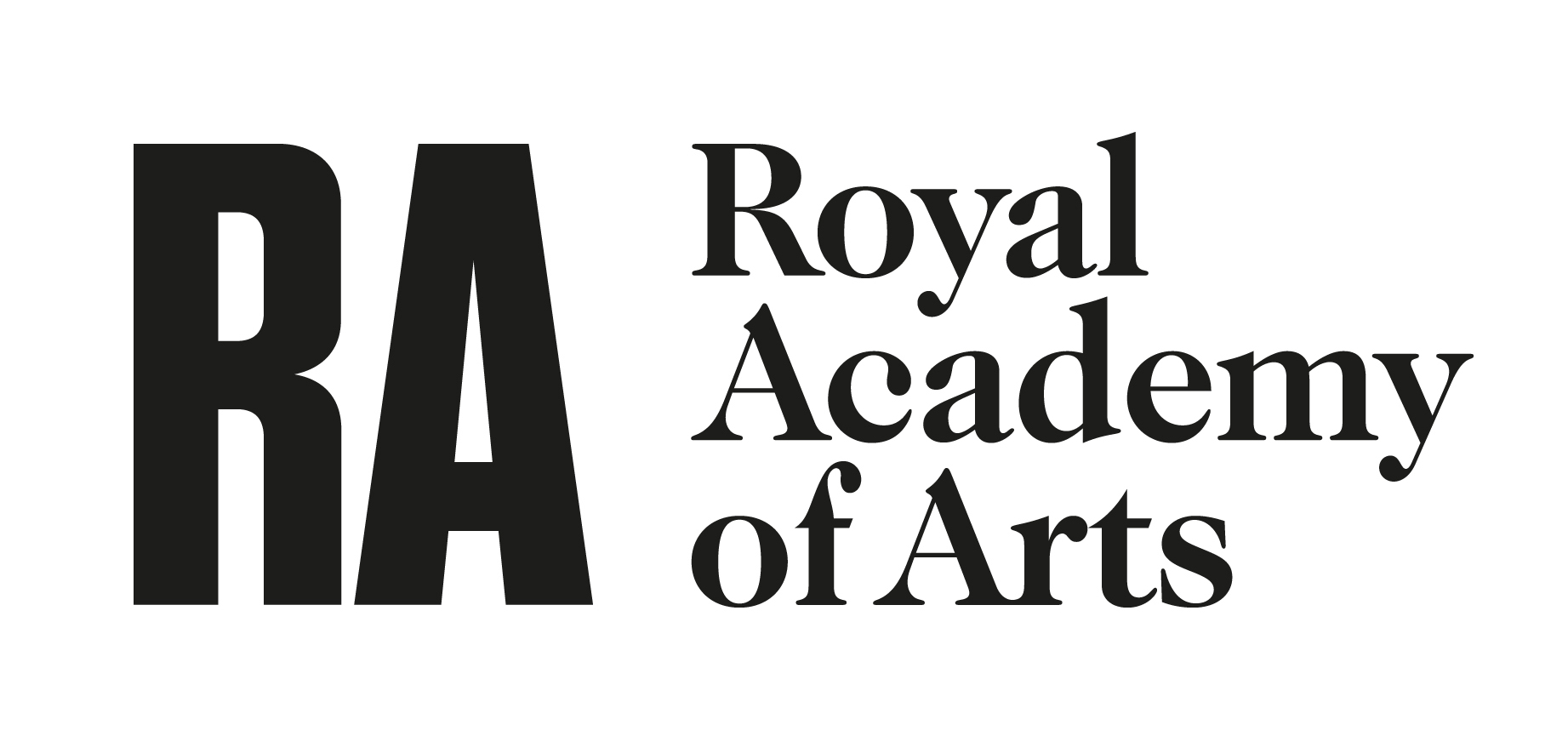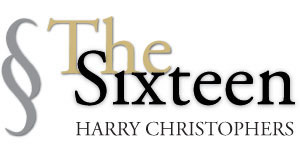No. 8 | From common ground to the common good
20 January 2022

We are living in a paradox. Never have people across the world been better connected, yet never has our society felt so fragmented as individuals and groups define their identities and defend their fiefdoms.
For nearly two years now, the pandemic has been depriving us of the shared experiences, both personal and professional, that have always been so important to us. When it comes to the arts – live music, theatre and dance or an exhibition – we now hesitate before spending time in an enclosed space with people we don’t know. Thanks to Omicron, uncertainty continues to hang over planned events, giving a whole other meaning to the upwardly trending term ‘cancel culture’.
As in so many other aspects of our lives, we have, quite justifiably, turned to the screens of our digital devices. At a time that suits our schedule, we watch and listen in our familiar environment, often isolating ourselves with headphones. It’s a private, VIP show. Then we post our opinions on social media and wait for our virtual friends to react – ideally by agreeing with us.
A tweet of 280 characters, often punched out in a hurry, is not always the ideal medium for nuanced debate. If our online friends – perhaps more likely to be acquaintances or even strangers – take a different view, the mood can get surprisingly tense, surprisingly quickly. Once things stop happening on our terms, it can feel like it’s me (or me and the people who like what I like) versus the world.
This pattern of behaviour finds counterparts in multiple, disparate arenas, most saliently in politics. In 2022 we are privileged with means of communication almost unimaginable 50 years ago. In an instant, we can access pretty much all the knowledge we are ever going to need. Yet, as a society and as a civilisation, we are choosing to assert our interests in an increasingly simplistic and adversarial way – both on and off social media. We are building barriers even as, in other respects, we are breaking through centuries of prejudice and dogma.
This is the moment to turn our thoughts to shared goals and shared benefits, to engage in balanced dialogue – face-to-face where possible – in the cause of constructive coexistence.
399 years ago, John Donne wrote:
No man is an island,
entire of itself;
every man is a piece of the continent,
a part of the main.
We are all in this together. To extend Donne’s analogy, each one of us – whatever our identity – needs to be ready to find at least a small patch of land that we can share compassionately with the people around us. With our feet firmly on common ground, we can start to work together for the common good.
Read other posts in the John Studzinski: The Philanthopist’s View series







